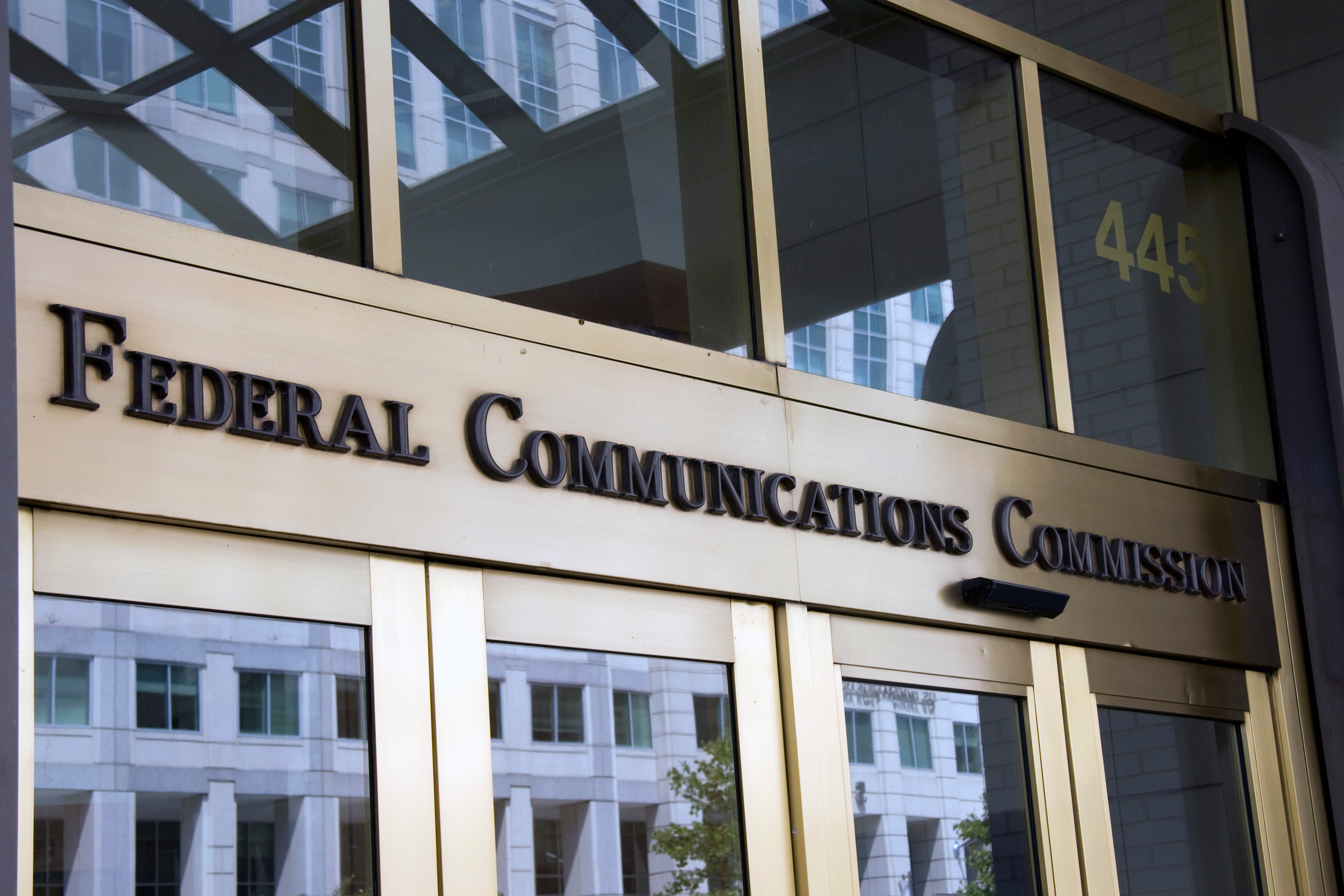Cable to FCC: Different DBS Reg Fee is 'Inexplicable'

The smarter way to stay on top of the multichannel video marketplace. Sign up below.
You are now subscribed
Your newsletter sign-up was successful
Cable operators are telling the FCC there is no justification for continuing the glide path toward DBS paying the same FCC regulatory fees as cable operators.
The FCC's operations are funded by fees levied on regulated entities, including broadcaster, cable operators and satellite operators.
FCC Proceeds with 2020 Regulatory Fees
On May 13, the FCC proposed to proceed with collecting $339 million in regulatory fees for 2020 despite the COVID-19 pandemic's hit on media outlets. That includes continuing to increase the fee DBS operators pay to get it closer to that paid by cable MVPDs.
The FCC back in 2015 decided it was time to stop charging DBS a per-satellite-license fee and start charging them according to how many FCC staffers were involved in regulating them, as they do for cable, traditional and IPTV.
But NCTA-The Internet & Television Association and ACA Connects told the FCC, in comments on that May proposal, that it needs to get off the stick and start charging all MVPDS on the same basis ASAP.
"[C]able, IPTV, and DBS providers are all MVPDs that equally utilize Media Bureau resources and should be assessed the same regulatory fee for Media
The smarter way to stay on top of the multichannel video marketplace. Sign up below.
Bureau activities," it said. "However, even five years after the Commission recognized that DBS operators share fully in the benefits of Media Bureau activities and use Media Bureau resources, and so should pay Media Bureau regulatory fees, the Commission again proposes to continue a 'phase in' approach to the fees DBS providers pay – which would leave cable operator fees to increase yet again, and perpetuate the long-inexplicable disparity between cable/IPTV and DBS regulatory fees. It is long past the time to abandon this approach."
Contributing editor John Eggerton has been an editor and/or writer on media regulation, legislation and policy for over four decades, including covering the FCC, FTC, Congress, the major media trade associations, and the federal courts. In addition to Multichannel News and Broadcasting + Cable, his work has appeared in Radio World, TV Technology, TV Fax, This Week in Consumer Electronics, Variety and the Encyclopedia Britannica.

